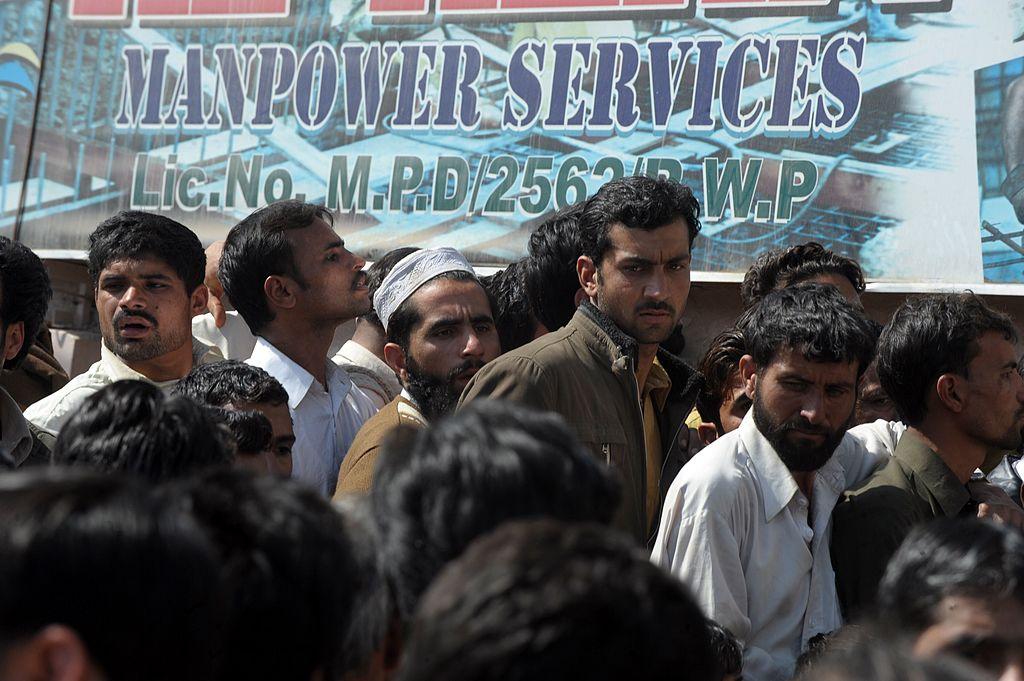Saudi Arabia ‘deports 40,000 Pakistani workers over terror fears’
Thousands of foreign national workers allegedly expelled from country over visa violations and security concerns, as protests over unpaid wages continue

The Kingdom of Saudi Arabia has expelled almost 40,000 Pakistani migrant workers in the last four months, local media has reported.
Over 39,000 people have been deported since October 2016 over visa violations and security concerns, the Saudi Gazette reported, citing unnamed interior ministry officials. As well as crimes including drug trafficking, forgery and theft, an unknown number of those removed from the country were suspected to have links to Isis and other extremist groups, the paper said.
The alleged mass deportations come after a year of strikes and other unrest in the kingdom due to unpaid wages following the oil market’s decline and subsequent blow to the Saudi economy.

Official Saudi statistics say that 243,000 Pakistanis were deported between 2012 - 2015. Mass deportations of migrant workers - which Human Rights Watch and other rights organisations say often involve illegal beatings and detainment in poor conditions - are fairly common.
2010 census figures show that 8.5 million of Saudi Arabia's 27 million strong population, or around 30 per cent, are foreign nationals.
According to a 2014 European University Institute report, there are approximately 900,000 people of Pakistani nationality currently employed in Saudi Arabia’s vast construction industry and other low-paid service jobs.
In Mecca in January, dozens of expatriate workers, mostly from poor Asian and Middle Eastern countries, were beaten and jailed over public protests against unpaid salaries that turned violent.
While the Philippines and India have also seen hundreds of thousands of citizens returned home after lay-offs in Saudi Arabia, the deportation of Pakistani workers has been mainly driven by security concerns, the New Arab reported.
Several prominent Saudi politicians, including Abdullah Al-Sadoun, chair of the security committee of the country’s Shura Council, have called for tougher screening processes for Pakistani nationals before they are allowed entry into the country.
“Pakistan itself is plagued with terrorism due to its close proximity with Afghanistan. The Taliban extremist movement was itself born in Pakistan,” he said.
Approximately 80 Pakistani nationals are currently in prison in Saudi Arabia charged with terror or security related offences.
In 2016, 35-year-old Abdullah Gulzar Khan, a Pakistani citizen who had lived and worked in Saudi Arabia legally for the previous 12 years, blew himself up in a suicide attack near the US consulate in Jeddah. No other injuries were reported in the incident.
Two Pakistani nationals as well as one Sudanese and one Syrian were also arrested for allegedly planning a terror attack on a football match between the kingdom and the United Arab Emirates in Jeddah’s Al-Jawhara Stadium last year.
Join our commenting forum
Join thought-provoking conversations, follow other Independent readers and see their replies
Comments
Bookmark popover
Removed from bookmarks